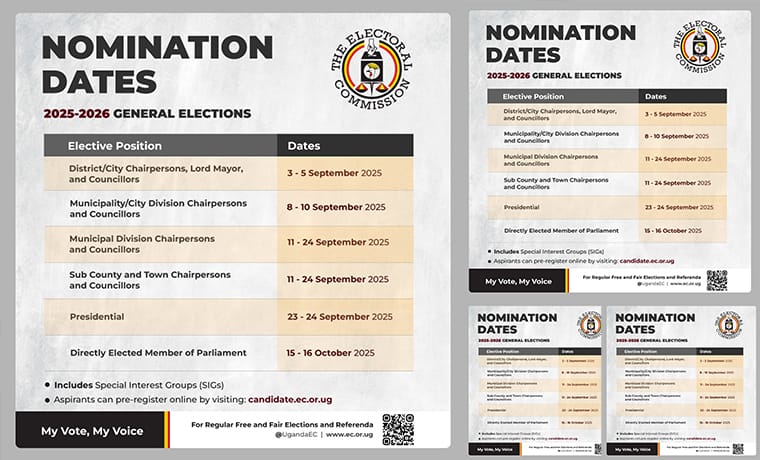By Mulengera Reporters
Uganda Bureau of Statistics’ (UBOS) recent report sounds the alarm on persistent gaps in service delivery, urging the government and stakeholders to implement sweeping reforms.
Drawing from nationwide data, the report highlights inefficiencies in resource allocation, technology integration, and inclusivity. Experts stress that addressing these issues is crucial for equitable and sustainable development.
According to the report, more than 68% of public service projects face delays due to poor coordination among implementing agencies, while 42% of citizens express dissatisfaction with public services, citing inadequate access to healthcare, education, and other essential facilities.
The dissatisfaction is particularly evident in rural areas, where 56% of respondents report difficulties in accessing basic services compared to 24% in urban centers. These findings point to systemic challenges that hinder progress across several sectors, including healthcare, education, and infrastructure.
The report calls for urgent reforms, starting with improving monitoring and evaluation systems to ensure better resource allocation. With 30% of budgeted funds reportedly misallocated, implementing real-time project tracking systems could significantly reduce inefficiencies and ensure funds are directed where they are needed most.
Another key area is the integration of technology into service delivery. The report reveals that only 12% of service points nationwide have adopted digital platforms, which leads to delays and further inefficiencies. By accelerating the rollout of e-governance systems, the government could potentially cut service delivery time by 40%.
Moreover, the report underscores the importance of enhancing public-private partnerships to fill resource gaps in critical sectors. In several successful case studies, such collaborations have improved service outcomes by over 50%.
A particular focus is needed on empowering marginalized groups, including women, who remain underrepresented in the public service sector. With only 8% of service delivery roles occupied by women, targeted policies aimed at promoting inclusivity could contribute to more equitable and effective service delivery. Despite significant investments, the report highlights that 35% of healthcare facilities do not meet operational standards, and 25% of schools lack essential amenities such as electricity and clean water. Rural areas, in particular, are severely impacted, with 60% of rural roads deemed impassable during the rainy season, further hindering service delivery.
A key issue is also the shortage of trained personnel, with 15% of critical service positions vacant and 70% of service providers citing inadequate training as a barrier to effective performance.
In response to the findings, government representatives have pledged to allocate additional resources to underperforming sectors, while civil society groups stress the need for greater accountability, particularly in rural regions.
Senior officials, speaking at the unveiling of the report, emphasized the importance of prioritizing efficiency and inclusivity to ensure that no citizen is left behind.
As the government prepares to address these challenges, the recommendations provided by the report offer a roadmap for improving service delivery across the country. With the right reforms, experts believe it is possible to achieve an 80% satisfaction rate in public services within the next five years.
This data-driven call to action presents an opportunity to transform public service delivery and ensure a more responsive and equitable system for all. (For comments on this story, get back to us on 0705579994 [WhatsApp line], 0779411734 & 041 4674611 or email us at mulengeranews@gmail.com).

































